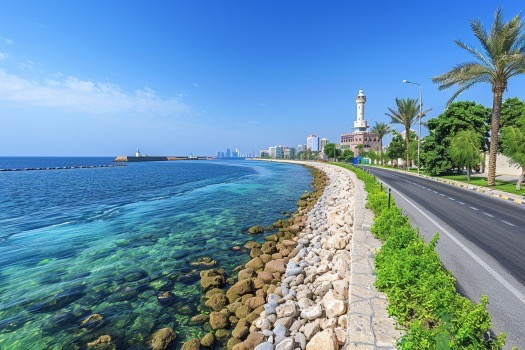HONG KONG ENACTS CONTROVERSIAL SECURITY LAW AMID CRITICISM
In a move that has sparked concern among critics and residents, Hong Kong has passed a stringent security law aimed at maintaining stability in the region. The new legislation, known as Article 23, introduces harsh penalties including life imprisonment for offenses such as external interference and insurrection.
This controversial law was expedited through the city’s pro-Beijing parliament in less than two weeks, expanding on a previous national security law imposed by China. The existing law criminalizes activities such as secession, subversion, terrorism, and collusion with foreign forces within Hong Kong.
Hong Kong’s leader, John Lee, defended the need for Article 23 to safeguard against potential threats and disruptions, particularly those advocating for an independent Hong Kong. China’s Vice Premier Ding Xuexiang emphasized that the swift enactment of this legislation is crucial to protect core national interests and promote economic development in Hong Kong.
Since the implementation of the earlier national security law in 2020, scores of individuals have been arrested, leading to a climate of fear among residents. Concerns have been raised over the vague and broad definitions used in Article 23, with worries about the implications of discussing sensitive information in public settings.
Residents like George, a civil servant, have observed an increase in an “informant culture” within their workplaces, leading to resignations and a sense of unease. Others, like corporate consultant Liz, fear the repercussions of the new law’s provisions on external interference, potentially putting individuals at risk of prosecution for innocuous activities.
Even expatriates like Walter, who works at a Western consulate in Hong Kong, express concerns about the law’s impact on the city’s competitiveness and international connections. The rapid passage of Article 23 without public discussion has raised questions about the transparency and accountability of the legislative process.
While Article 23 has been a longstanding issue for Hong Kong authorities, the current enactment has reignited fears of government overreach and erosion of civil liberties. The government, however, maintains that the law is targeted at specific individuals posing a threat to national security, rather than the general public.



